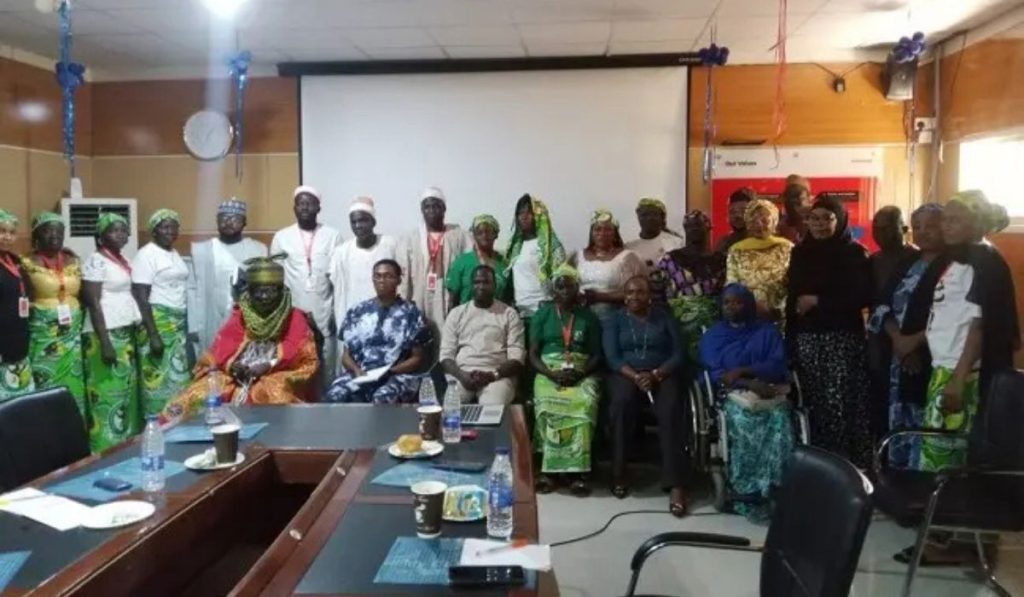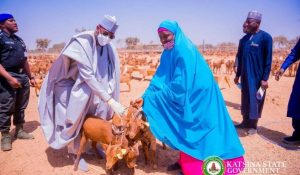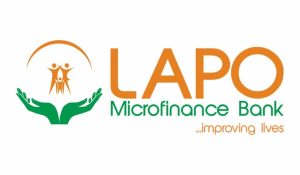
In a bid to enhance agricultural sustainability, boost productivity, and ensure food security, ActionAid Nigeria, the Small-Scale Women Farmers Organisation in Nigeria (SWOFON), and other stakeholders have called on state governments and community leaders to prioritise women’s rights to land and their active participation in agriculture.
This appeal was made during a stakeholders’ meeting organised by SWOFON in collaboration with ActionAid Nigeria (AAN) on Wednesday, February 19, 2025, in Abuja.
Speaking at the event, ActionAid Country Director, Andrew Mamedu, highlighted that women’s access to land and resources is fundamental to achieving food security, sustainable agriculture, and economic stability. Mamedu, represented by Ms. Nkechi Ilochi-Kanny, AAN’s Director for Business Development and Innovation, emphasised that women must have the right to own and control land to cultivate climate-resilient crops and practice sustainable farming techniques effectively.
He further stressed that facilitating women’s access to land would enable them to adopt sustainable land management practices, increase agricultural output, and enhance their economic independence. “If there is a challenge of inadequate land at the community level, women should be encouraged to form cooperatives to secure agricultural land, enabling them to practice sustainable agroecology,” Mamedu stated.
Read also: Sterling One Foundation Launches New Project for Women Farmers in Flood-Affected Areas
Mamedu also urged traditional leaders, who oversee land allocation in many communities, to reconsider existing customs that limit women’s land ownership. “Governments must relax restrictive policies and create an enabling environment for women to access land easily. By prioritising women’s land rights and involvement in sustainable agroecology, we can unlock their full potential in climate-smart agriculture, contributing to food security, poverty alleviation, and environmental conservation,” he added.
Mr. Chris Kaka, a consultant for SWOFON, pointed out conflicts within the institutional framework as a major barrier to women’s land access. He referenced Sections 43 and 44 of the Nigerian Constitution, which do not discriminate based on gender regarding land ownership, yet customary laws often limit women’s rights.
“Under customary law, land ownership is predominantly male-dominated, and women often access land only through marriage. However, research has shown that when women have secure land rights, agricultural productivity improves, household food security is enhanced, and broader economic and social development goals are achieved,” Kaka explained.
He further noted that the Sustainable Development Goals (SDGs) align closely with women’s land rights. “Women with land ownership tend to invest in sustainable land management practices, such as agroforestry and organic farming, contributing to long-term agricultural resilience and environmental sustainability,” he added.
Stakeholders at the meeting reiterated the need for government intervention to provide subsidised land for female farmers and implement policies that promote gender equality in land ownership. By ensuring equitable access to land, Nigeria can empower women farmers, promote sustainable agriculture, mitigate climate change effects, and achieve national food security objectives.






